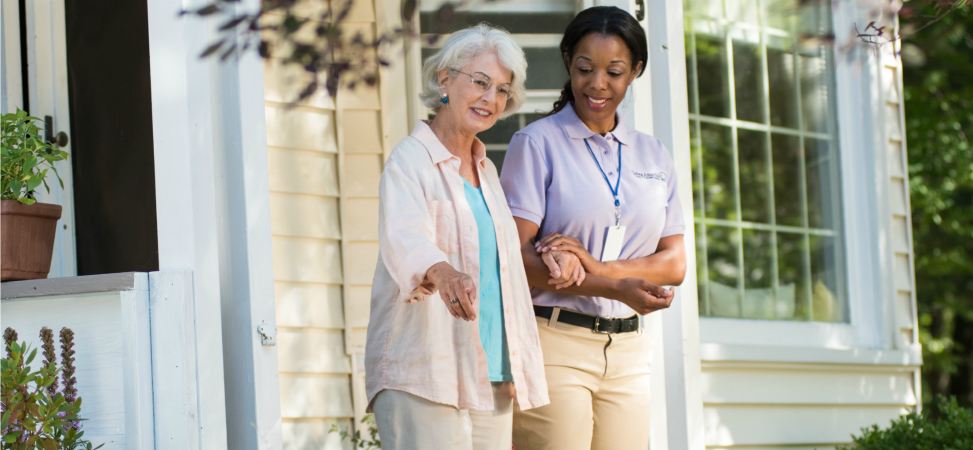Balance declines with age.
Many factors contribute toward making the older adult susceptible to falls. These include:
- Impaired hearing and vision
- General loss of muscular strength and tone
- Arthritis
- Osteoporosis (Many people think osteoporosis is only a problem for women past menopause, but it can also affect older men. Weak bones can mean that even a minor fall might be dangerous.)
- Vertigo
- Cerebrovascular insufficiency
- Neurologic disability (stroke)
- Postural hypotension (sudden decrease in blood pressure)
- Illness
- Diabetes
- Thyroid disease
- Medication that causes dizziness
Don’t let a fear of falling keep you from being active. Doing things like getting together with friends, gardening, walking, or going to the local senior center are also important for staying healthy. The good news is that there are simple ways to prevent most falls.
By taking care of your overall health, you may be able to lower your chances of falling.
Here are a few hints to help avoid falls and broken bones:
- Learn how strong your bones are. Ask your doctor about a special test called a bone mineral density test. If this test shows your bones are weak, your doctor can tell you how to make them stronger and less likely to break.
Want to learn more about how home care can help prevent dangerous falls among the elderly? Contact the Visiting Angels home care team for more information.
Click here to download a printable PDF version of this page.

